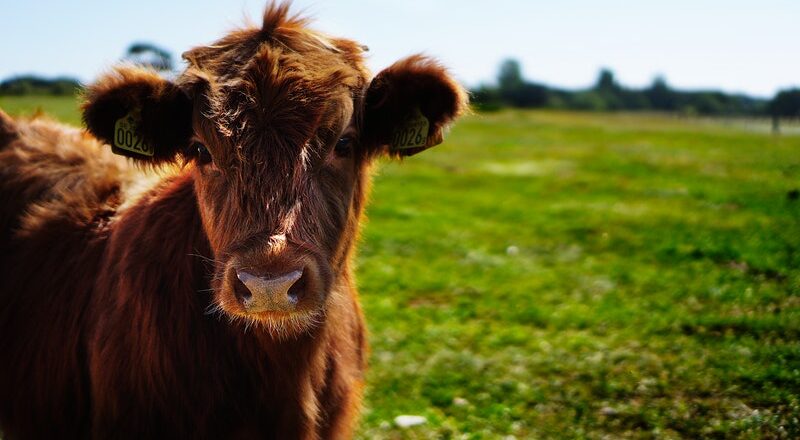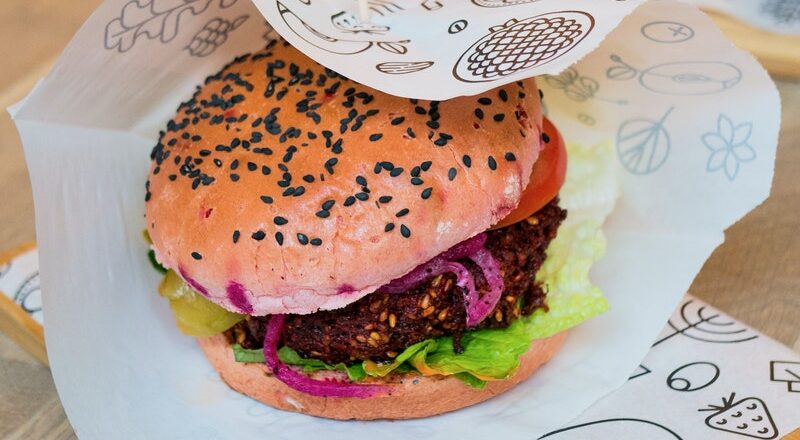
Dear Greenpeace, there is no need to exploit even the war
The invitation by Greenpeace to sign a petition against intensive livestock farming using the war in Ukraine is circulating these days.
The invitation by Greenpeace to sign a petition against intensive livestock farming using the war in Ukraine is circulating these days. The message from Greenpeace highlights negatively the decision of the European Commission to allow the Member States to cultivate the lands that should have been set aside. These are four million hectares of land in Europe, and 200 thousand in Italy, which Greenpeace denounces will be used to produce food for animals and not for people. Their partial and ideological position does not consider several important aspects, even exploiting the war to go against the “intensive” livestock farming.
First of all, the possibility of re-admitting fallow lands or abandoned land, as well as the derogation from the diversification of crops, are the result of essential measures to deal with the food security emergency. In this way, it will be possible to compensate for the lack of supply of cereal crops due to the conflict and respond to the expensive raw materials, helping to increase the potential of agricultural production for human food and animal feed. So, nothing as damaging as Greenpeace would have you believe, indeed. These are fundamental steps to achieve productive self-sufficiency and avoid the risk of missing food on the shelves at this critical time.
The invitation by #Greenpeace to sign a #petition against intensive #LivestockFarming using the #WarInUkraine is circulating these days. Click To TweetUnfortunately, however, these derogations are currently only provided for a year, risking nullifying this great opportunity. It is not convenient for anyone to face the work and the costs of producing on land that has been unproductive for many years, for the expected use of one year only. It is, therefore, to hope that the derogations will be extended immediately for a more significant number of years, which is necessary to enable farmers to put the lands into total production.
We should perhaps also remind Greenpeace that 86% of what animals eat is plant matter (such as cellulose) that is not digestible by humans (FAO data). Therefore there is no competition between humans and animals for food. On the contrary, animals can remarkably transform cellulose into foods with high nutritional value, representing an important source of protein and highly bioavailable nutrients for all humanity. It should then be reminded to Greenpeace that the agro-food and livestock supply chain provides food for all of us, the only one that fortunately has never stopped even in times of pandemic. And that it would be better to protect it rather than attack it if, among other things, we want to continue to feed the population safely, even in times of war.
We should perhaps remind #Greenpeace that 86% of what #Livestock eats is #PlantMatter (such as cellulose) that is not digestible by humans. Click To TweetIn short, Greenpeace does not seem to care about the security of supply, whose chain has been struggling with the three crises in progress (Covid-19, the war in Ukraine and the climate crisis). So do, not give priority to the national strategic reserve (which is not autarky, of course) means inflaming inflation and throwing millions of Italian and European families into poverty. In the name of a sterile ideology (and vehicle for consensus to the proponents of energy dependence on Ukraine and Russia) that wants to destroy the right to healthy and accessible food for all of us, that is the FAO’s banner.





